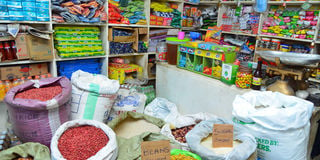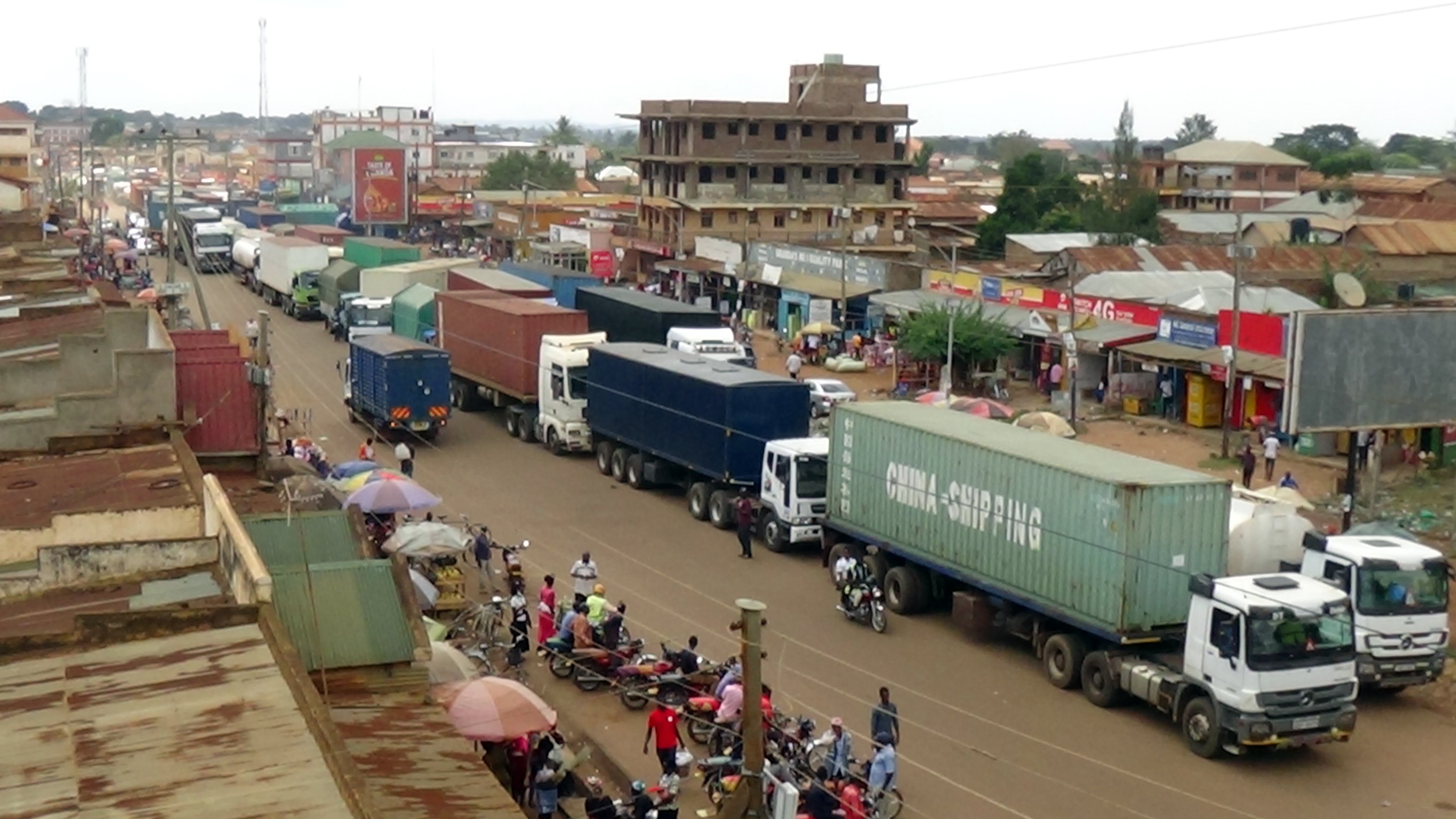Prime
We shouldn’t export scarce basic commodities

What you need to know:
- Unlike Ghana which banned food exports, Uganda only levied export duty on her food exports which, unfortunately, businessmen are reportedly avoiding with alternative routes to foreign markets in South Sudan, DR Congo, and Kenya.
A country should only consider selling goods outside its locality if it produces more than what it consumes.
Whether such foreign exchange earning transactions involve raw materials or finished products, the priority must always be given to local consumption and production before bringing into play the foreign markets as the former act as price stabilisers.
The Ugandan annual inflation reported at 6.3 percent by UBOS in June will rise rapidly should we continue to export foods amidst supply challenges.
In a bid to avert a commodity price crisis amidst global supply chain disruptions, India banned wheat exports in June 2022. Similarly, Indonesia, which accounts for about 60 percent of the global palm oil market supply, banned exportation although it recently resumed global supplies.
Although India is not a major global wheat exporter, her actions unsettled global markets with the wheat index rising by nearly 6 percent (Chicago Benchmark).
Therefore, a country experiencing inflationary pressures should not stubbornly continue to permit the selling of basic goods (already in short supply) by its insensitive profit-driven entrepreneurs in the name of adhering to free market forces which several countries have since ditched. This worsens scarcity, thus pushing prices further beyond undesirable points.
Unlike Ghana which banned food exports, Uganda only levied export duty on her food exports which, unfortunately, businessmen are reportedly avoiding with alternative routes to foreign markets in South Sudan, DR Congo, and Kenya.
The food crisis in Sudan attracted violent demonstrations that caused the ousting of former President Omar Bashir from power.
Although the bulk of Ugandan exports, almost 80 percent, are agricultural products, most are non-basic commodities such as Coffee, tea, cotton, fish, oil, gold, and copper, among others, hence an opportunity to ban exports of basic goods such as corn, sugar, milk, beans, and potatoes.
Besides inflation, why export milk, beans, and corn (all of which are potential sources of badly needed proteins, carbohydrates, and iron) from a country whose 51.3 percent of her children and 32.3 percent of pregnant mothers suffer anemia (Trading Economics data 2019)?
In 2020, Ugandan exports to the rest of the EAC region, largely consisting of foods such as corn, sugar, milk, tea, and others, fetched us $401m (Shs1.5 trillion) from Kenya and $95.1m (Shs363b) from Tanzania. But it’s high time such revenues are foregone considering the cost of adverse effects of rising inflation in the country.
It is worth noting that Kenya, in a bid to tame food scarcity, forced the former president, Uhuru Kenyatta, to remove taxes on imported maize from inside and outside EAC.
Equally, the Ugandan government acting in the interest of economic stability, ought to stop food exports henceforth. Such a move would guarantee a reduction in food prices for hunger-stricken Karamoja and other hard-hit parts experiencing shortages due to drought and floods.
Foreign earnings should only be realised from sales of the surplus output of any production unit.
When South Sudan was peaceful, we started exporting inadequately produced foods and the results were never kind to us as prices of foods locally skyrocketed uncontrollably only to stabilise after the war erupted in Juba.
This situation has a lot to teach us as nobody economically benefited from the increased prices of our basic goods. For example, when food prices went up, farmers jubilated not knowing that schools and institutions where they send their children to study would find it difficult to feed these children and as a result, they too hiked fees.
Medical bills and the cost of other basic services too went up. Remember the middlemen who transact between farmers and final consumers, to fall sick and send their children to school as well; so in such a situation, therefore, nobody really benefits but instead, the problem becomes vicious.
Price instability does not favour savings. Similarly, inflation and economic growth cannot take place simultaneously.
These two situations are mutually exclusive. And in such a period, people’s purchasing power is lowered and this also discourages investments, and production hence a recession.
Employers cannot increase wages as this directly increases the cost of production.
Under such circumstances, agitators for salary increments ought to wait for recovery of the entire economy.
This is only possible if the government invests to boost the supply side, not the demand one.
During such a tense situation, even the government loses a lot as it has to spend more allowances for soldiers and heavily on teargas to quell demonstrations such as time-consuming and business disruptive Walk-to-Work protests against high commodity prices previously experienced.
Andrew Bakoraho, Researcher and Policy Analyst




